MHP leader Bahçeli finds AKP’s visit to HDP ‘natural’
Erdoğan's ally nationalist Devlet Bahçeli found the AKP's visit to the HDP previous week to discuss planned constitutional amendments as “right and natural." AKP and MHP are trying to portray the HDP as the “leg of terrorism," claiming that the pro-Kurdish party have organic connections with the PKK.
Duvar English
President Recep Tayyip Erdoğan's ally and the leader of the far-right Nationalist Movement Party (MHP) Devlet Bahçeli on Nov. 8 defended the ruling Justice and Development Party’s (AKP) visit to the Peoples’ Democratic Party (HDP) to discuss the planned constitutional amendments.
Upon the criticism made to the MHP on why they have not criticized the visit, Bahçeli said that “I don't even need to repeat how we evaluate HDP. Negotiating with the HDP for a constitutional amendment is extremely natural and the right step.”
“In our eyes, HDP is what (main opposition) CHP is. We are looking at how a reasonable and democratic solution will be made, not with whom. We fully support the constitutional amendment that guarantees the (right to wear) headscarf. Let's either deal with it with a consensus (among parties) or present it to the public's will (with referendum),” Bahçeli said during his party’s parliamentary group meeting.
On Nov. 2, Justice Minister Bekir Bozdağ and AKP group deputy chair Mustafa Elitaş visited opposition parties at the parliament to discuss the new constitutional amendment that the ruling AKP is preparing on headscarf and family issues. Among the parties they visited was also the HDP, which AKP and MHP are trying to portray as the “leg of terrorism.” The AKP delegation was welcomed by HDP Parliamentary Group Deputy Chair Meral Danış Beştaş, Saruhan Oluç and HDP’s spokesperson Ebru Günay.
The support of 400 deputies (out of 600) is required to allow a constitutional amendment in the Turkish parliament. The total number of seats in the People's Alliance, consisting of ruling AKP, far-right Nationalist Movement Party (MHP) and the ultranationalist Grand Unity Party (BBP), is 335. This means that 65 deputies out of the ruling alliance are needed for the constitutional amendment to be approved by the parliament.
On the other hand, 360 deputies are needed for the parliament to decide on a referendum.
The HDP also faces a possible closure decision of the Constitutional Court (AYM) as a result of the pending case.
The headscarf was once a source of deep discord in Muslim but secular Turkey -- its once-powerful secular establishment saw it as a symbol of radical Islam and a threat to the secular order. But the question ceased to stir controversy after reforms by the Islamist-rooted AKP during its 20 years in power.
However the secularist CHP, a party having long opposed the wearing of headscarves in parliament and public offices, revived the issue last month with a proposal to enshrine the right, in an attempt to attract support from devout Turks.
In response, President Recep Tayyip Erdoğan raised the stakes and proposed a constitutional reform on the issue encompassing measures to protect the family from what he called "perverse trends," appearing to take aim at global same-sex marriage laws.
The AKP lifted the headscarf ban for students in universities in 2010 and for public employees in 2013.

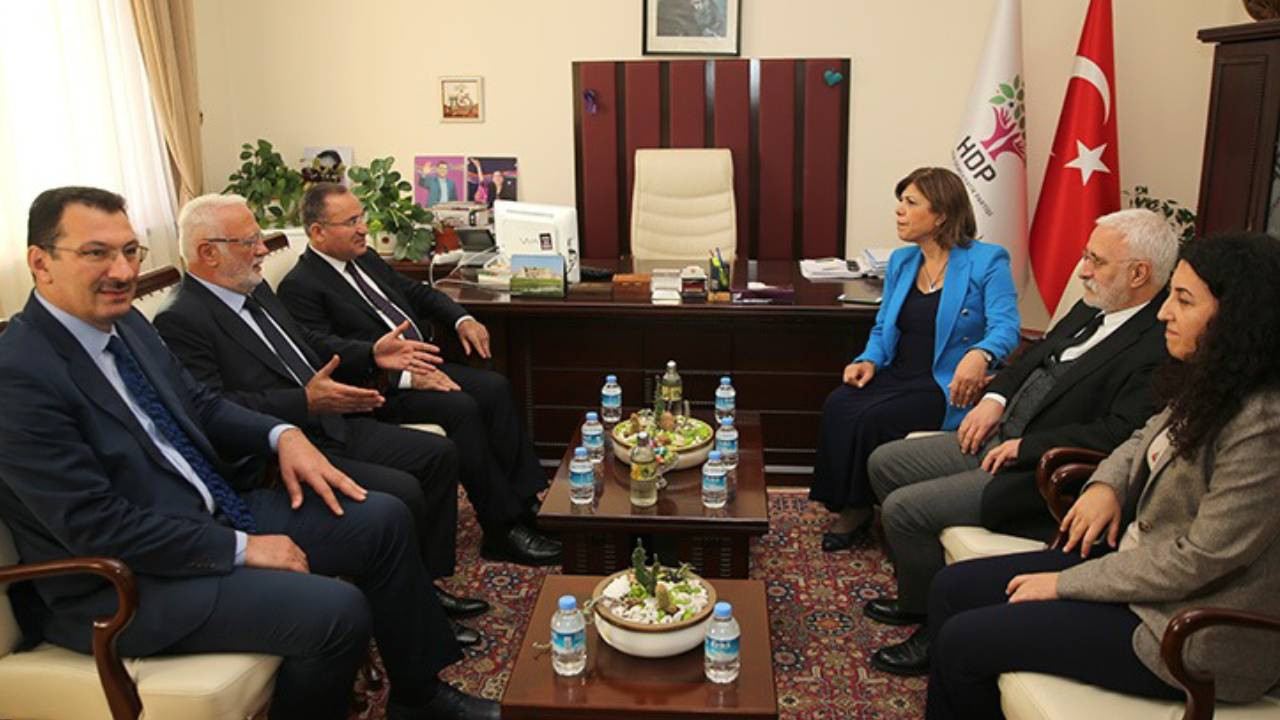 AKP deputy says HDP legal party, its support needed for constitutional changesPolitics
AKP deputy says HDP legal party, its support needed for constitutional changesPolitics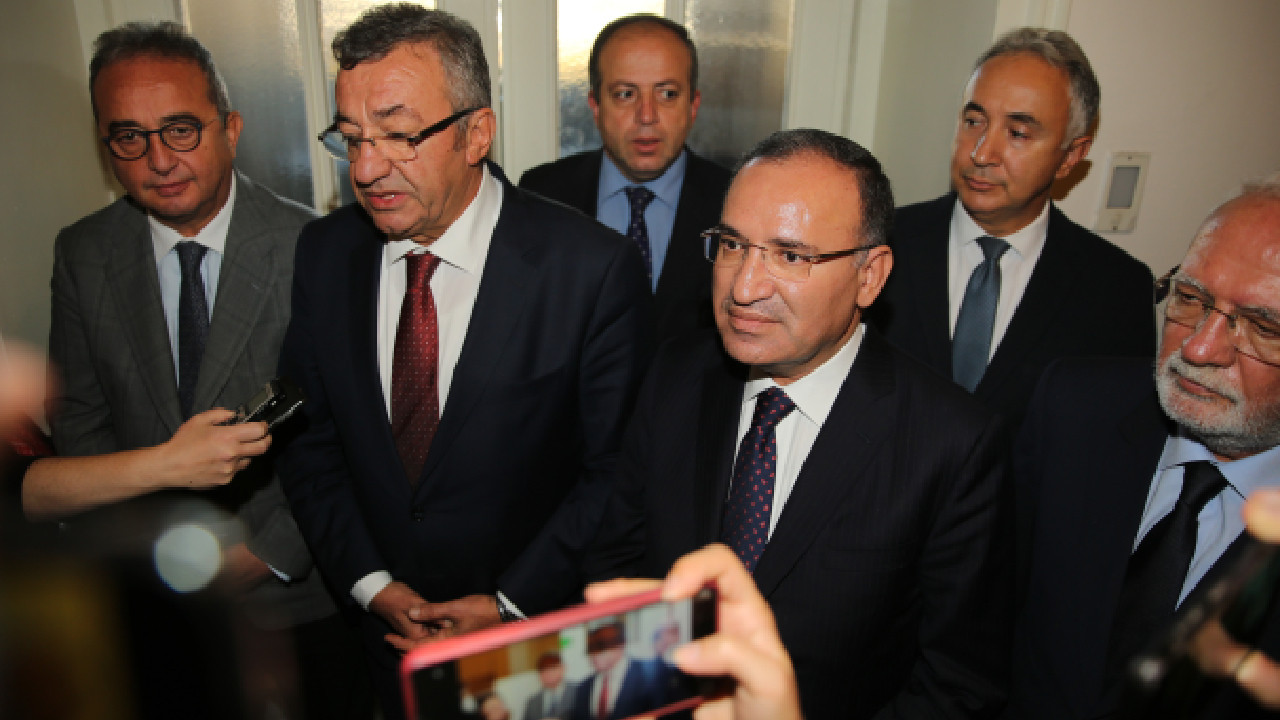 AKP visits opposition parties for constitutional change on headscarf and family issuesPolitics
AKP visits opposition parties for constitutional change on headscarf and family issuesPolitics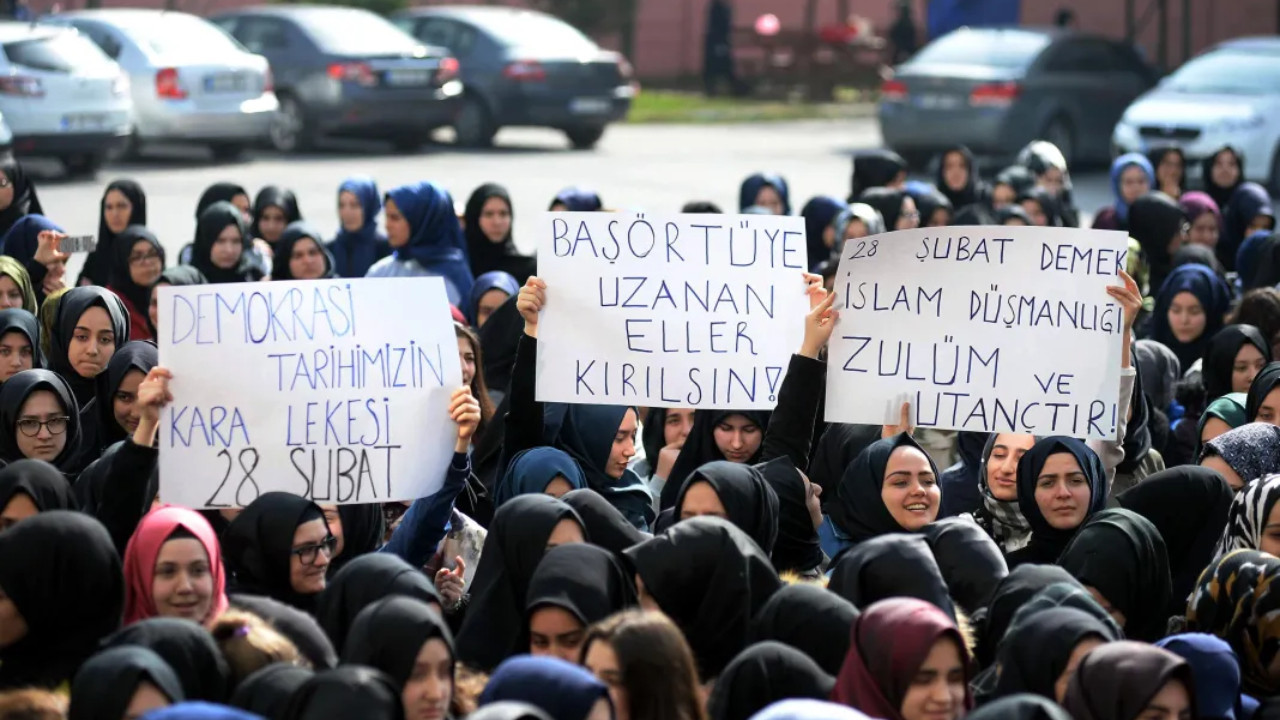 90 percent of Turks think there is no ‘headscarf problem’Politics
90 percent of Turks think there is no ‘headscarf problem’Politics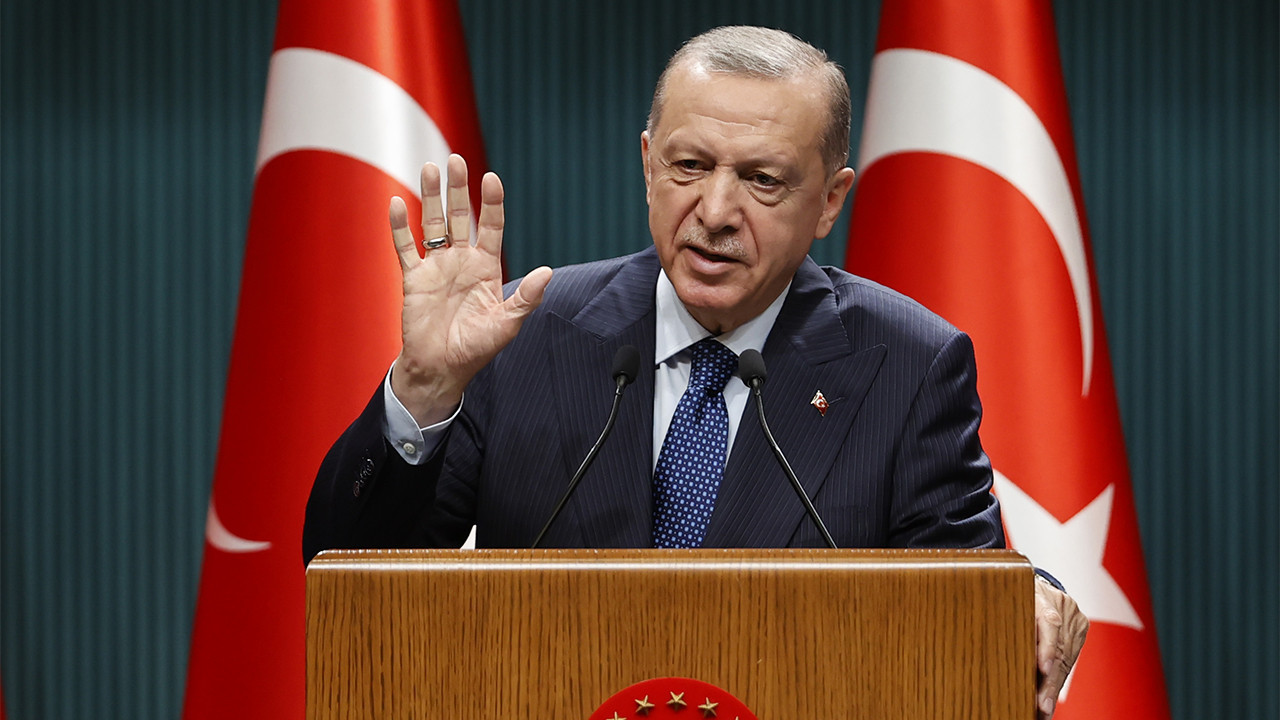 Erdoğan says constitutional amendment will protect families against 'perverse trends'Politics
Erdoğan says constitutional amendment will protect families against 'perverse trends'Politics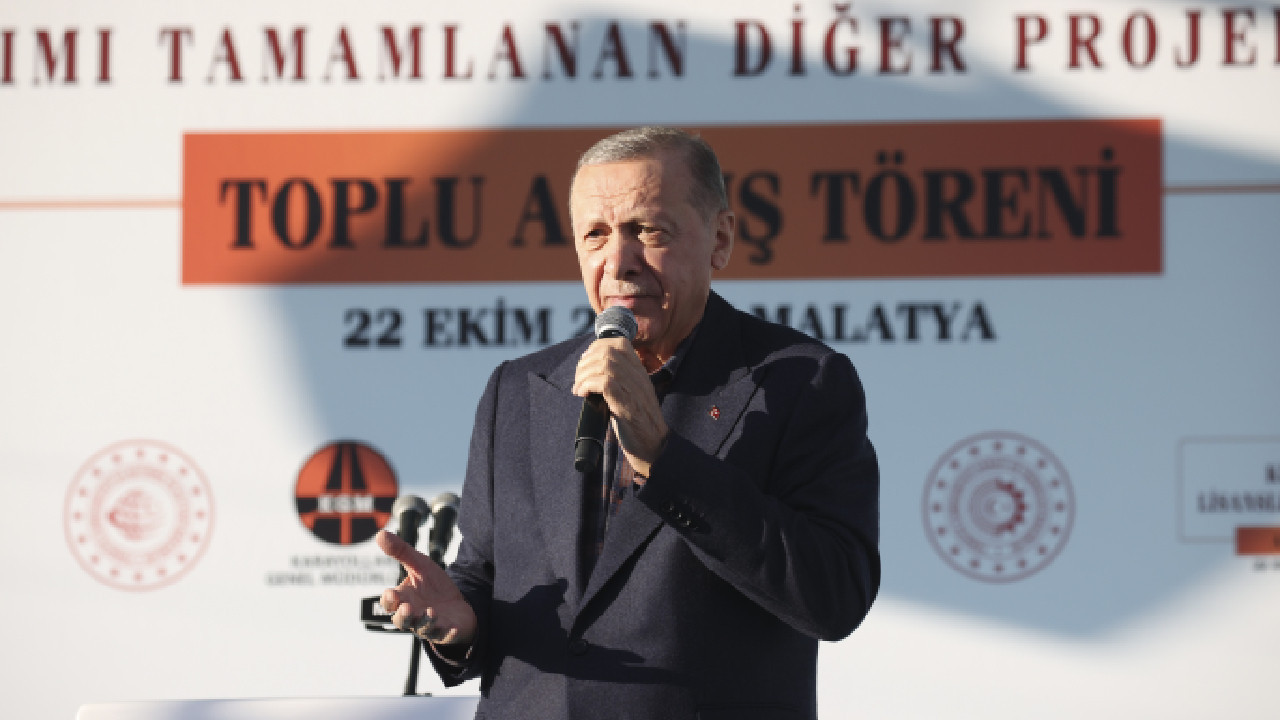 Erdoğan calls for referendum on right to wear headscarfPolitics
Erdoğan calls for referendum on right to wear headscarfPolitics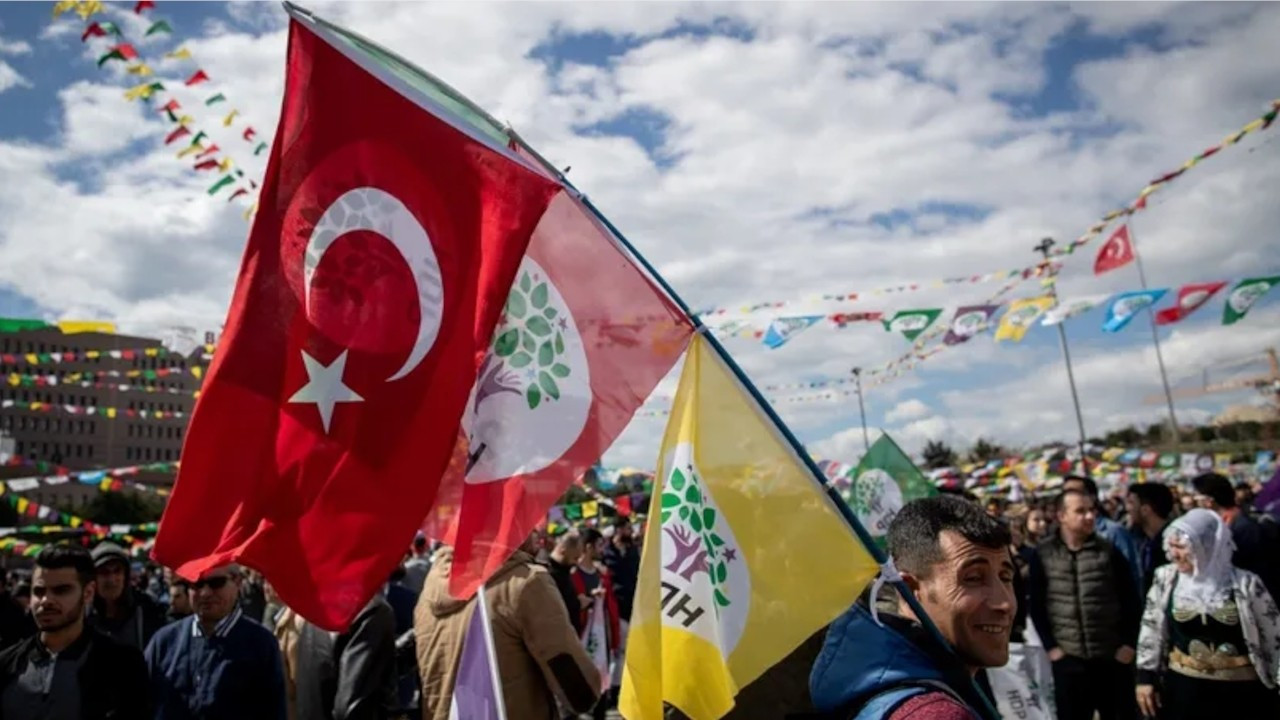 HDP says case to close party dangerous for AKP as wellPolitics
HDP says case to close party dangerous for AKP as wellPolitics